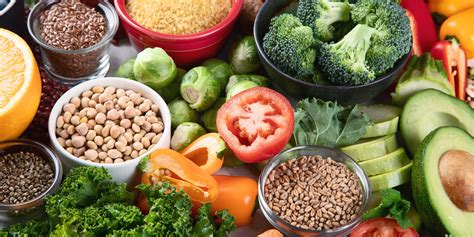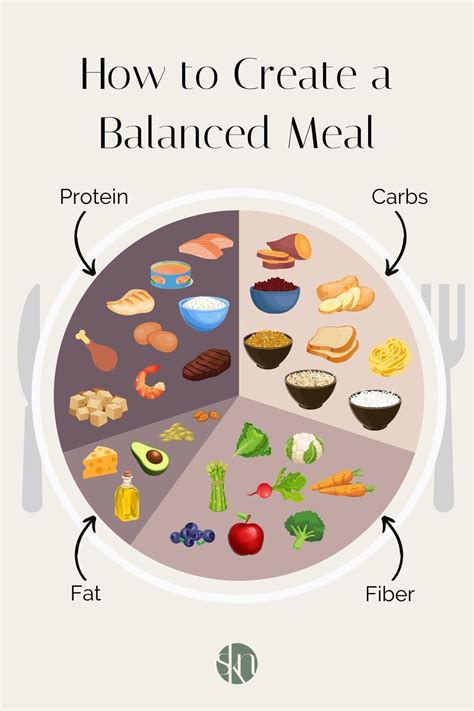The Demands of a Busy Life: Understanding Energy Crashes
For many busy men, juggling work, family, and personal commitments often means that nutrition takes a backseat. Skipping meals, relying on quick fixes, or making poor food choices are common traps that lead to the dreaded energy crash – that mid-afternoon slump, mental fog, or sudden urge for sugar. These crashes don’t just affect productivity; they impact mood, decision-making, and overall well-being. The good news is that with a few strategic adjustments, you can keep your energy levels stable and consistent.
Strategy 1: Power-Packed Breakfasts That Last
Your first meal sets the tone for your entire day. Skipping breakfast or opting for sugary, refined carbs can lead to a rapid blood sugar spike followed by an inevitable crash. Instead, focus on a balanced breakfast that includes protein, healthy fats, and complex carbohydrates to provide sustained energy.
- Overnight Oats or Chia Pudding: Prepare the night before with rolled oats or chia seeds, milk (dairy or non-dairy), protein powder, berries, and nuts/seeds.
- Smoothies: Blend protein powder, spinach, a banana, berries, and a tablespoon of almond butter with water or milk for a nutrient-dense, on-the-go meal.
- Scrambled Eggs or Egg Muffins: Quick and protein-rich, pair with whole-wheat toast or a side of avocado.

Strategy 2: Master the Mid-Day Meal for Continued Focus
Lunch is critical for maintaining focus and energy through the afternoon. Avoid heavy, fatty meals that can lead to post-lunch sluggishness. Prioritize lean protein, fiber-rich vegetables, and complex carbohydrates.
- Meal Prep is Your Friend: Dedicate an hour or two on the weekend to prepare lunches for the week. Think quinoa salads with grilled chicken or chickpeas, or lentil soup.
- Build a Better Sandwich/Wrap: Use whole-grain bread or large lettuce leaves, lean turkey or hummus, plenty of veggies, and a healthy spread like avocado.
- Leftovers: Cook extra dinner the night before and pack it for lunch.
Strategy 3: Snack Smart, Not Sorry
Strategic snacking can prevent you from getting overly hungry and making poor food choices at your next meal. The key is to choose snacks that combine protein, fiber, or healthy fats to stabilize blood sugar.
- Nuts and Seeds: A handful of almonds, walnuts, or pumpkin seeds.
- Fruit with Protein: An apple with a tablespoon of peanut butter, or a banana with a small handful of cashews.
- Greek Yogurt: High in protein, plain Greek yogurt with a few berries can be very satisfying.
- Vegetable Sticks with Hummus: Carrots, celery, or bell pepper strips with a serving of hummus.

Strategy 4: Hydration is King
Dehydration is a common, yet often overlooked, cause of fatigue and energy dips. Even mild dehydration can impair cognitive function and energy levels. Make water your primary beverage choice.
- Keep a Water Bottle Handy: Carry a reusable water bottle and refill it throughout the day.
- Set Reminders: Use apps or set alarms to prompt you to drink water regularly.
- Limit Sugary Drinks: Sodas, energy drinks, and excessive fruit juices contribute to sugar crashes.
Strategy 5: Optimize Your Dinner for Rest and Recovery
While not directly preventing a daytime crash, a balanced dinner supports overall energy by aiding in quality sleep and recovery. Avoid heavy, greasy meals close to bedtime, which can disrupt sleep.
- Lean Protein, Complex Carbs, and Veggies: Focus on chicken, fish, or plant-based proteins, paired with brown rice, quinoa, or sweet potato, and a generous serving of non-starchy vegetables.
- Mindful Portions: Eat until you’re satisfied, not stuffed.

Beyond Food: Lifestyle Factors for Sustained Energy
While nutrition is paramount, other lifestyle factors significantly impact your energy levels and ability to avoid crashes.
- Prioritize Sleep: Aim for 7-9 hours of quality sleep per night. A well-rested body and mind are far less prone to energy dips.
- Manage Stress: Chronic stress depletes energy. Incorporate stress-reducing activities like meditation, deep breathing, or short walks into your routine.
- Regular Physical Activity: Exercise can boost energy levels and improve sleep quality, but ensure you’re adequately fueling before and after workouts.

Building Your Sustainable Fuel Plan
Implementing these strategies doesn’t mean a complete overhaul overnight. Start with one or two changes and gradually incorporate more as they become habits. Listen to your body – pay attention to how different foods affect your energy levels and adjust accordingly. Proactive fueling is an investment in your productivity, health, and overall quality of life. By making smart, healthy food choices a priority, busy men can effectively bypass energy crashes and maintain peak performance throughout their demanding days.





